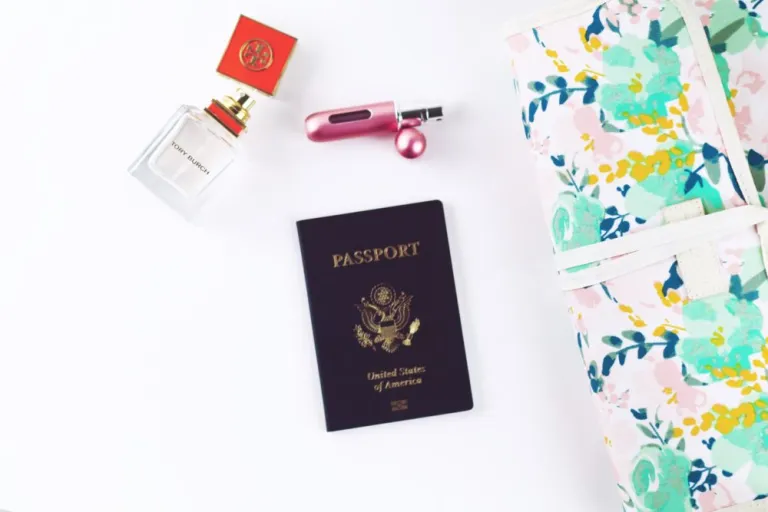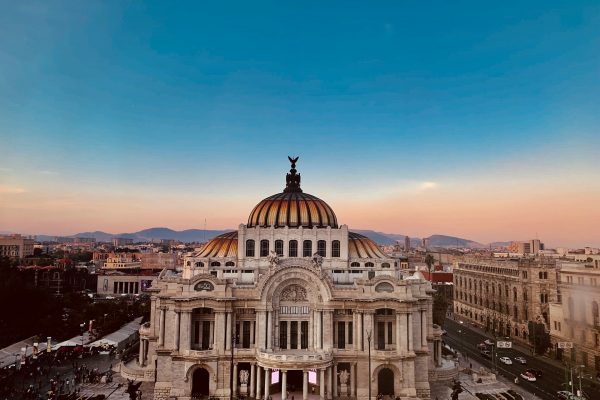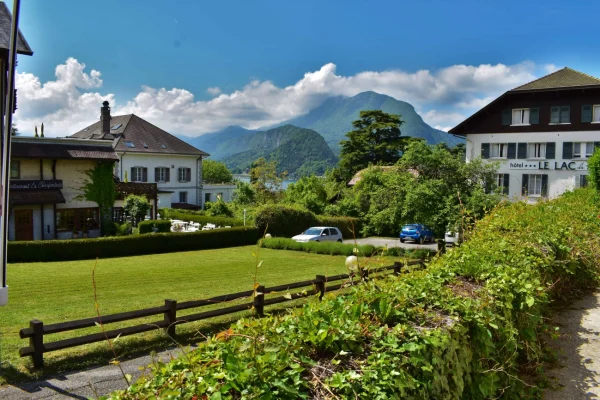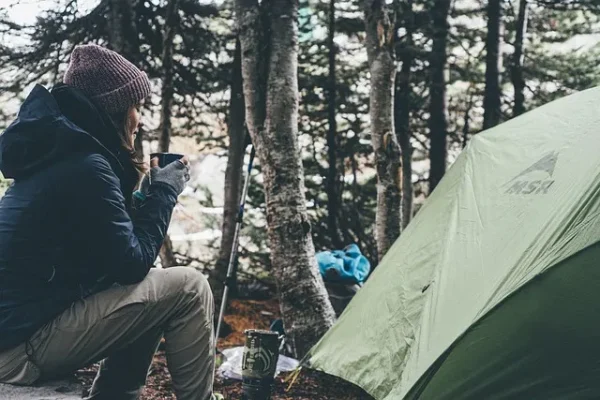Beyond time and work commitments, money is one of the biggest obstacles to travel. The average American spends $2,700 on an overseas vacation, with over $1,000 of this being spent on the airfare alone. If you are serious about traveling the world, then figures like this may be off putting. However, this is just an average figure and with smart budgeting you can make travel a more realistic opportunity. The problem is that many people don’t even know where to begin with designing a travel budget, so here’s a handy guide to the basics.
Financing Your Transport
As mentioned above, your main form of transport to your destination could eat into about half of your travel budget. However, that’s not an entirely bad thing. A flight to a faraway land can be booked months beforehand, so you have plenty of time to save up for the rest. The earlier you book and the more flexible you are, the cheaper it will be.
Use every search engine you can to hunt down the best deals. Gather up a list of ballpark figures to work out what you can afford, then get to work searching for the cheapest deal. Be willing to travel at awkward times or make a few stops. Every buck you save now can be added on to your budget for when you arrive.
Strip Back to Basics
Travel is a time to think about the basics you need for survival. As long as you have access to food, water and shelter, then you have everything you need to travel full time. Anything else you can afford is just a bonus. If you haven’t been abroad a lot, you may not know all the options available. You don’t need a fancy hotel. Hostels, homestays and working for accommodation can offer huge discounts.
Find the cheapest you can afford and add up how much it will be for the duration of your stay. You may have to give up some comfort and privacy to stay in a hostel, but think about all the friends and like-minded backpackers you’ll meet. Once transport and accommodation is sorted, you just have to ensure you have the money to feed yourself. The great thing about hostels is that they usually come with kitchens, meaning no need for expensive trips to restaurants.
Be Detailed, Then Get Saving
Once you’ve hunted down the cheapest flight and living accommodation, you’ve done most the work. You can pay for these up front and then get to work saving for the things you’ll need to purchase after. The key is to write your travel budget down in as much detail as you can. Make sure you have enough to cover the basics, while building up a buffer zone for extra activities and emergencies. Once you’re out on the road, the stricter you can stick to your budget the better. Every penny you save gets added onto your emergency and activity fund, so keep finding discounts wherever possible. Start walking instead of using transport, both at home and while traveling. Small things like this add up to a healthier budget.
Budgeting for the road involves detail and discipline. Start with your larger upfront costs, such as flights and accommodation, then focus on your costs while on the road. Being detailed and scouring the internet for deals is the best way to ensure you build a travel budget that you can comfortably stick to.






